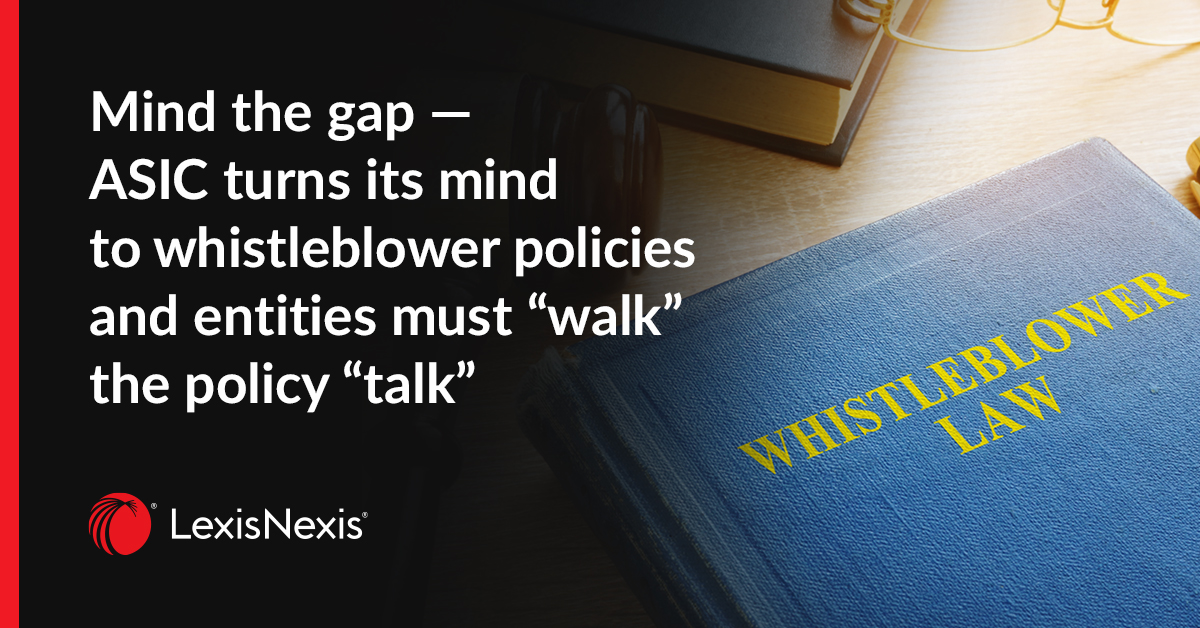
The importance of effective leadership in a volatile environment
24 February 2022 04:58
By Karen Braod
Those faced with leading organisations in current volatile environments clearly encounter significant challenges. Effective leaders are those who have the skills to make good decisions in an ambiguous environment, and develop opportunities through innovation to gain a competitive advantage. They are highly valuable to organisations.[i]
Leadership styles
There are numerous models of leadership, for example:
- transformational,
- transactional,
- charismatic,
- authoritarian
- laissez-faire leadership.[ii]
Leadership models have evolved over the past decades from linear authoritarian and transactional models to multifaceted models such as transformational leadership, which is favoured today. Leadership models characterise various traits that revolve around the leader.[iii] However, leaders must have followers, therefore effective leadership is a transactional relationship between leader and follower. This is distinct from transactional leadership where employees receive reward for their work.
Current leadership theory is predominantly a positive concept and does not consider negative leadership behaviours—dark leadership. Positive leadership attributes can be dangerous and detrimental.[iv] Excessive self-belief and even arrogance fuel dark leadership behaviours. These leaders become overly influenced by their previous successes and dependent on their opinions, shutting themselves off from new ideas and developing collaborative relationships.[v]
Positive transformational leadership behaviours are:
- inspiration,
- developing trust,
- articulating clear vision and goals in applying power and influence over followers.
Dark leadership behaviours:
- prioritise self,
- exploit situations and others to gain more status, power or wealth,[vi] and is
- a form of bias that negatively impacts on decision making.
Central behaviours of effective leaders:
- value followers,
- develop mutually honest and trusting relationships,
- do not dominate,
- provide a safe and supportive environment to empower followers,
- display genuine care and
- celebrate the achievements and success of others.[vii]
Followers
Exploring leadership adaptability through the follower lens reveals effective leaders can alter their style from a focus on directive behaviours to supportive behaviours, therefore meeting the needs of followers in changing and volatile situations.[viii] Being able to balance these styles is an element of effective leadership, however it is not easy to achieve.[ix]
Self-awareness
A key element of developing positive leadership behaviours is a high degree of self-awareness to understand the hidden bias that filters information and clouds perceptions. Bias, either intentional or unconscious[x], impedes decision making.
Effective leaders self-reflect by diverting their focus from themselves by:
- focusing on tasks rather than a preoccupation with self,
- be diplomatic and prioritise the needs of others rather than self,
- establish sound mechanisms to being overly sensitive to the opinions of others,
- isolate one’s own views [xi],
- accept, interpret, and act on feedback objectively—embracing negative feedback can provide opportunity for the effective leader.[xii]
The reflective and self-aware leader becomes a critical observer and reflective learner. As the critical observer, the effective leader views the organisation through four frames to determine which of the operational roles is required in response to an issue or threat:
- people,
- task,
- internal and external focus
As a reflective learner, the effective leader considers previous and current events and practises. The organisation and its followers become the focus rather than the leader.
Learning organisations
The effective leader’s focus moves from avoiding mistakes to investing in the organisation’s teams to develop flexibility and agility—learning organisation.
Leaders of learning organisations are identified as having strong critical reasoning, decision-making and communication skills with heightened situational awareness. Significantly, they depend on the combined knowledge and skills of followers.
Conclusion
Uncertain and volatile environments present threats and obstacles that challenges today’s leaders to look outside themselves and to their followers to solve complex problems and manage risk. Self-awareness through reflection and critical feedback, effective leaders can develop their skills to navigate their organisations around ambiguity and constant change. They become agile and fluidly adapt their leadership style. Uncertainty must become their friend as the effective leader leverages chaos and influences, and guides followers to use their abilities and skills to their fullest to achieve shared goals and competitive advantage. This is a difficult balancing act where for leadership to be effective, a leader cannot act on their own and must trust, support, and rely on others.
To learn more about what was covered in this article and more relating to Risk Management Today, contact us below.
 | ABOUT THE AUTHOR Karen Broadbroadies@bigpond.net.au Karen has diverse experience working across several sectors, including health care, publishing, education, and professional services as a practitioner, administrator, project manager and consultant. Karen completed an MBA (Executive) in 2017 where she excelled in strategy and change management. She is currently studying a Graduate Certificate in Social Psychology of Risk at the Australian Catholic University to strengthen her leadership and strategic capabilities by building risk awareness and harnessing risk management approaches. Equipped with a refined set of skills and knowledge Karen advises and supports individuals to better lead others and organisations. |
[i] Above n 1, at 95.
[ii] A Skogstad and others “The Destructiveness of Laissez-Faire Leadership Behavior” (2007) 12(1) Journal of Occupational Health Psychology 80–92.
[iii] J Torpman “The differentiating function of modern forms of leadership” (2004) 42(7) Management Decision 892–906.
[iv] Alvesson, above, at 388–389.
[v] Above n 5, at 97.
[vi] Cote, above n 11, at 53–55.
[vii] Above n 9, at 20.
[viii] Cote, above n 11, at 60–61.
[ix] Alvesson, above n 11, at 388.
[x] M H Bazerman and D Chugh “Decisions without blinders” Harvard Business Review (January 2006) pp 88–97.
[xi] Alvesson, above n 11, 386.
[xii] A Papasava “Embracing Negative Feedback for Effective Leadership” (October 2017) The Journal for Quality and Participation 20–22.
Latest Articles
-
 3 tips for banking and finance lawyers when responding to an ASIC enquiry, and how to avoid misleading or deceptive conduct.
3 tips for banking and finance lawyers when responding to an ASIC enquiry, and how to avoid misleading or deceptive conduct. -
 Significant increases to competition and consumer law penalties have commenced and sweeping reforms to the unfair contract terms regime will follow in 12 months’ time.
Significant increases to competition and consumer law penalties have commenced and sweeping reforms to the unfair contract terms regime will follow in 12 months’ time. -
 The Australian Securities and Investments Commission (ASIC) is calling on Australian CEOs, from public companies, large proprietary companies and corporate superannuation trustees to review their whistleblower policies and processes to ensure compliance with private sector whistleblower laws.
The Australian Securities and Investments Commission (ASIC) is calling on Australian CEOs, from public companies, large proprietary companies and corporate superannuation trustees to review their whistleblower policies and processes to ensure compliance with private sector whistleblower laws.
Practical Guidance
Your one-stop solution for accurate legal answers from Australian legal experts. Tools, practically focused guidance notes, checklists, precedents, and training materials support and streamline your legal workflow.
LEARN MORE LexisNexis
LexisNexis